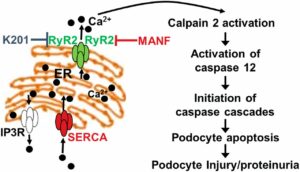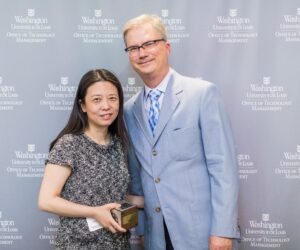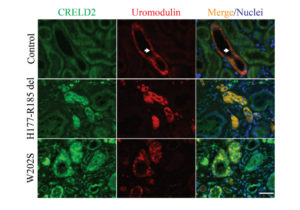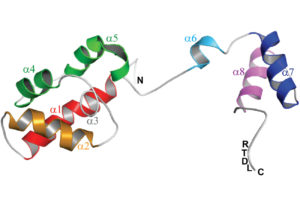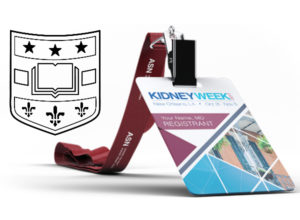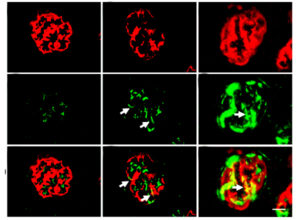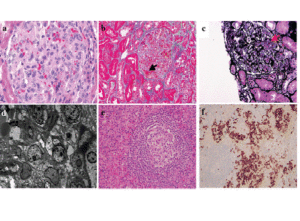A new study led by Ying Maggie Chen, MD, PhD, Division of Nephrology, found a new class of drugs that shows great promise in the treatment of nephrotic syndrome (NS) resulting from podocyte endoplasmic reticulum (ER) dysfunction. NS is a leading cause of chronic kidney disease affecting over 500 million people worldwide. Damage to podocytes, […]
Promising Therapies for the Treatment of Podocyte Endoplasmic Reticulum Stress-induced NS/FSGS
